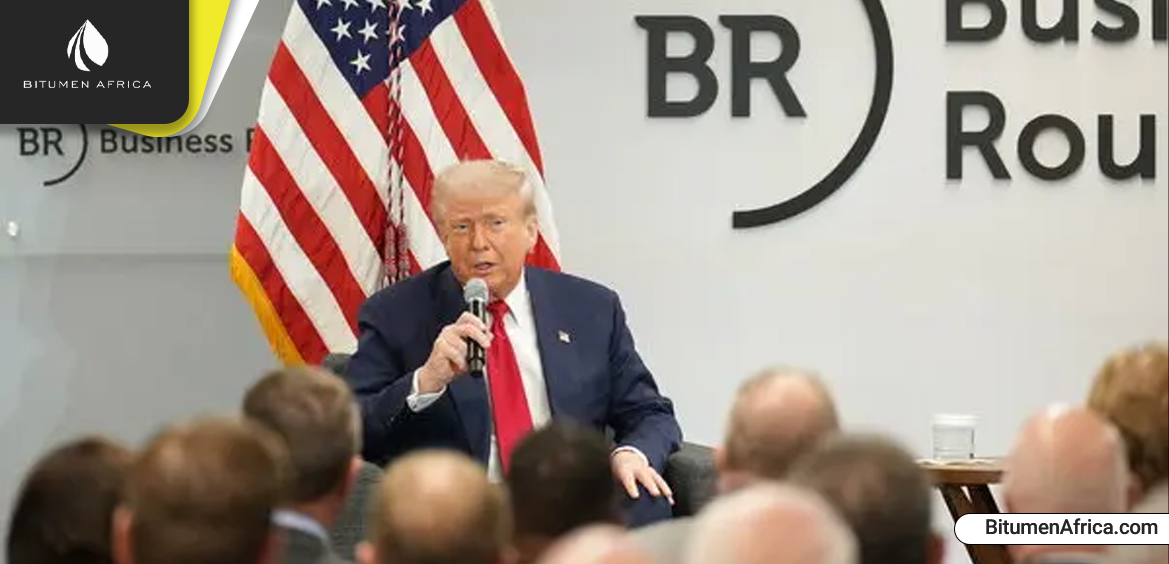U.S. President Donald Trump recently urged European NATO members to halt imports of Russian oil and gas and impose tariffs on China to help end the war in Ukraine. He emphasized that continued energy trade with Russia undermines Europe’s leverage and that China’s growing economic ties with Moscow provide a financial lifeline to Russia. Trump suggested that if Europe complies, the U.S. would impose major sanctions on Russia. His comments imply that U.S. commitment to NATO could be contingent on Europe’s response, echoing previous pressure tactics like demanding increased defense spending.
In response, the European Union has already begun phasing out Russian energy imports, with a roadmap aiming for complete cessation by 2027. Measures include banning new contracts for Russian gas, targeting Russia’s shadow oil fleet, and restricting nuclear material imports. The EU has significantly reduced its reliance on Russian gas since 2022, and officials have reiterated their intent to eliminate all Russian energy imports permanently. Trump’s remarks have accelerated discussions within the EU to bring this deadline forward, potentially achieving full disengagement within the next year.
Alternative energy sources have been secured from countries like Qatar and the U.S., with the EU pledging to purchase $750 billion worth of American energy. Despite concerns over feasibility, U.S. officials argue that Europe’s continued import of Russian energy undermines its justification for hesitating on the U.S. deal. The flexibility in contract terms and supply volumes makes the transition plausible, especially given the strategic and political urgency to cut ties with Russian energy.
However, imposing tariffs on China presents a more complex challenge. Legal constraints within EU and WTO frameworks make tariffs harder to implement than sanctions. Economically, China remains a vital trade partner for Europe, complicating any aggressive tariff strategy. Nonetheless, the EU has taken steps to sanction Chinese entities aiding Russia’s military industry, signaling partial alignment with Trump’s concerns. While Europe is moving decisively on Russian energy, its approach to China remains cautious and conditional.

